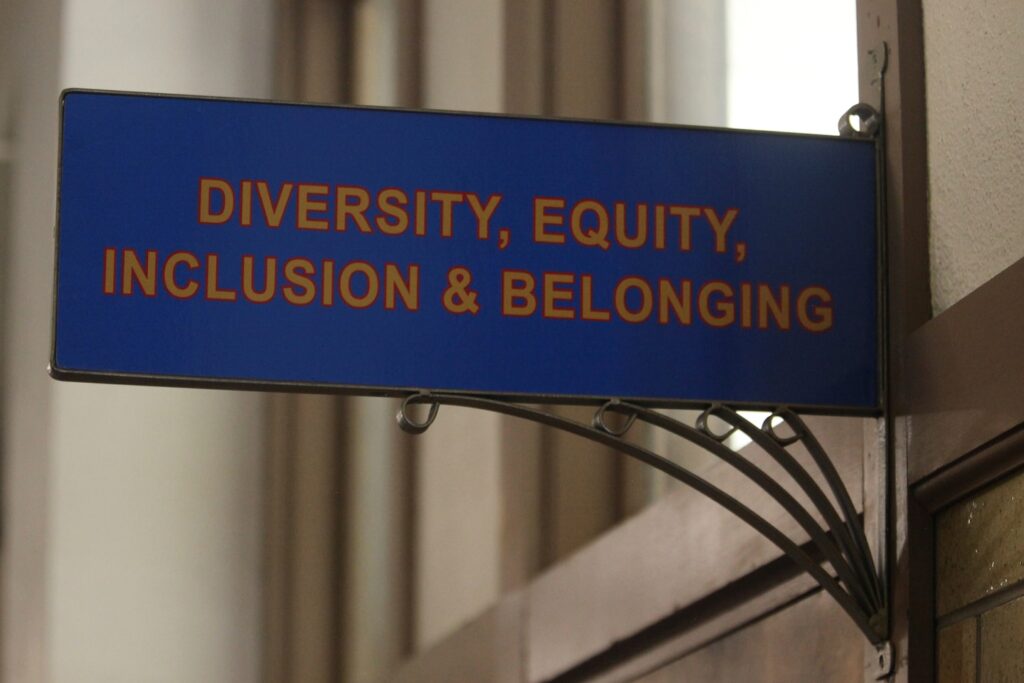Ten years ago, in civic sermons across the South, the Rev. William J. Barber II outlined all the ways states made it harder to vote when federal protections weakened. The most restrictive laws, Barber noted, were designed with black people in mind; federal judges had found that black people were targeted with “almost surgical precision.” As he painted the details, the Rev. Barber implicitly asked, “Who does this remind you of?” “Jim Crow never retired,” Barber replied. “He went to law school. Meet James Crow.”
It's a powerful allegory. Jim Crow was a 19th-century minstrel figure whose stereotypes about enslaved black people fueled an entertainment industry for white audiences. In the 20th century, he entered politics, denying constitutional rights to black Americans through courts, legislatures, police violence, and vigilante groups. Now, having graduated from college and passed the bar, Jim Crow is suing to overturn civil rights gains and passing partisan legislation in fraudulent redistricting states. The goal has always been the same: to exploit racism for political and social advantage. Barber's argument was that racial prejudice had not been overcome, but had evolved.
Personification helps make complex concepts easier to understand. Uncle Sam represents the federal government, the tax man we have to pay and who famously wants “you” in the military. Rosie the Riveter wore jumpsuits and showed off her muscles to prove that women could drive an industrial economy. Karen is an arbitrary name given to nosy, entitled white women who use the intimidation of law enforcement to get their way. And Uncle Tom is a name stolen from fiction to refer to black people who ease their way by pandering to authority and seeking white approval.
These images stand in for policy positions. Complex systems can be hard to grasp, and bureaucracies discourage the involvement of ordinary bystanders. You didn’t have to be an expert on wartime mobilization or the sociology of gender roles to have an opinion that Rosie is a riveter. In the 1980s, “welfare queens” caricatured thorny debates about the social security net and the government’s role in addressing racial inequality. Similarly, right-wing activists today are in the midst of personifying the tangle of issues, fears, and grievances into figures like the liberal arts scholar “Dr. DEI.”
The far-right argues that the country's changing demographics threaten American culture and that diversity comes at the expense of whites. They cite critical race theory as evidence, and misunderstandings about law school structures as evidence of an imagined grand conspiracy. They position their supporters as victims of racism because of policies that attempt to right past wrongs and open opportunities for people of color. They lament the social stigma they feel for these views, and turn those feelings into fuel for political activism.
 Follow this authorTheodore R. Johnson's opinion
Follow this authorTheodore R. Johnson's opinion
Needing a scapegoat for these claims, DEI advocates settled on the Diversity, Equity, and Inclusion agenda. They see DEI as reshaping the nation by leveraging education, cultural influence, and claims of moral superiority. DEI is their umbrella term for anything that feels unfair or offensive to white Americans. It is also used as a pejorative for black public officials who are deemed unqualified or are quota selections. Kamala Harris has been dubbed the “DEI Vice President.” The Governor of Maryland and the Mayor of Baltimore have both been criticized for being DEI while in office. Justice Ketanji Brown Jackson has been accused of being an affirmative action advocate for her DEI appointments to the Supreme Court.
DEI professors are easy targets whenever provocateurs try to stoke resentment. That’s why more than two-thirds of the roughly 200 state bills in 2021-2022 aimed to limit teaching about racial inequality and American history. The bills included language ripped from right-wing think tanks and Trump administration executive orders mandating that students not feel guilt or distress when learning about uncomfortable parts of our national story.
Dr. DEI is another political devil for extremists, a traitor bent on undermining the country. It is touted as the work of America-hating academics in their ivory towers, intent on demoralizing young people and convincing them that their country is hopelessly racist. With each new accusation of exploiting people's sympathies and scamming corporations and governments for selfish gain, right-wing activists implicitly ask the same question: Who does this remind you of? They suggest that the welfare queen may have been in grad school instead of being exiled.
The nation’s electoral divide is stark. White voters are the only racial and ethnic group that the right consistently wins over. Women, young people, and college-educated, unmarried voters increasingly support left-leaning candidates who advocate government programs to address inequality and injustice. Former President Donald Trump said at a rally in South Carolina that the divide “is not just about values, it’s about the survival of the nation.” Americans may not fully understand how laws and policies relate to racial disparities, but they do have opinions about DEI. This makes the complex issue easy to politicize and exploit for political and social gain.



